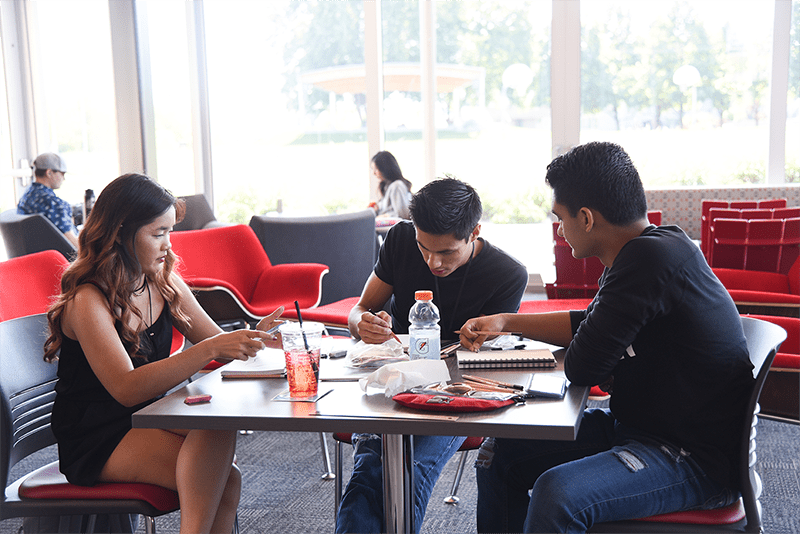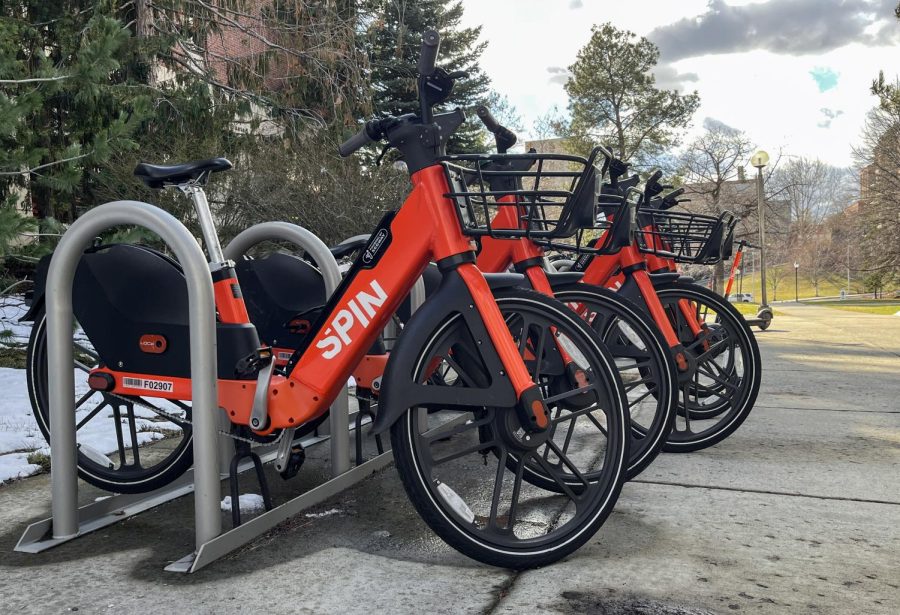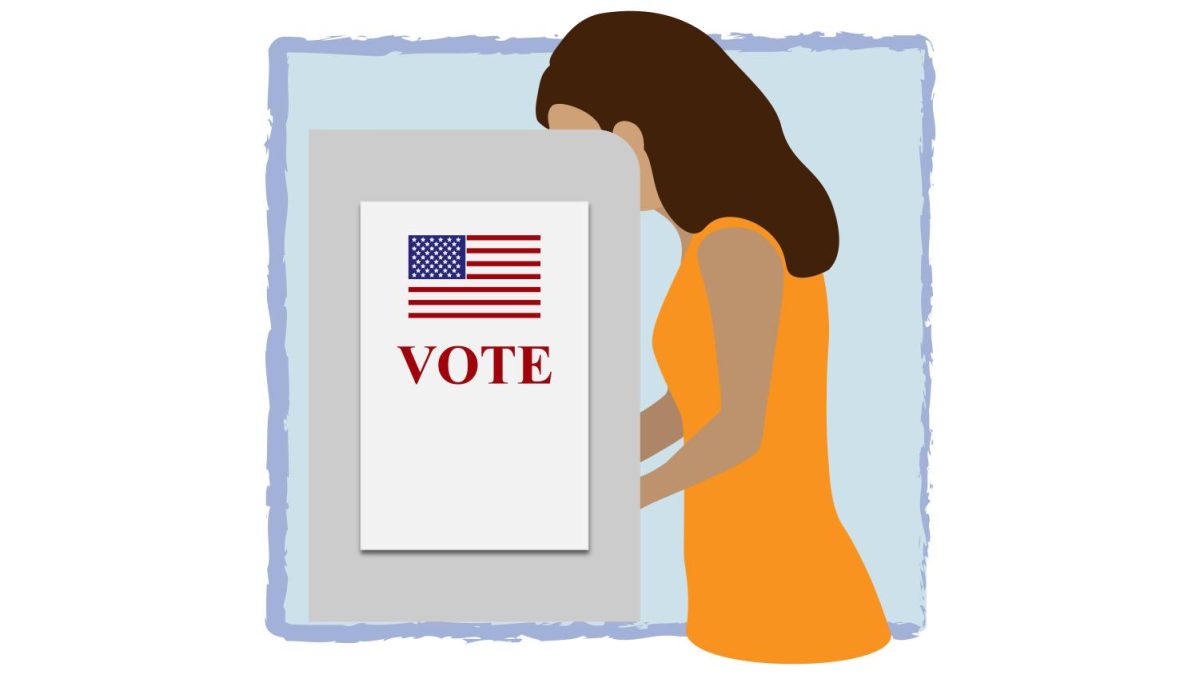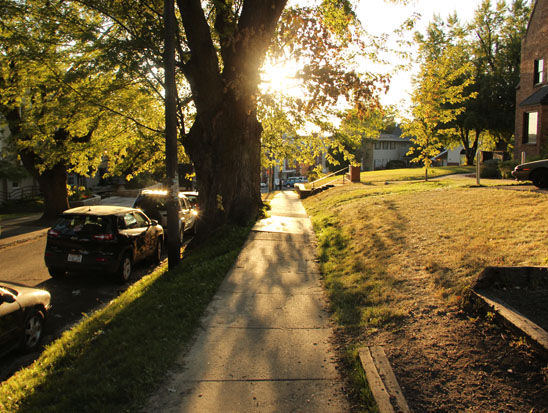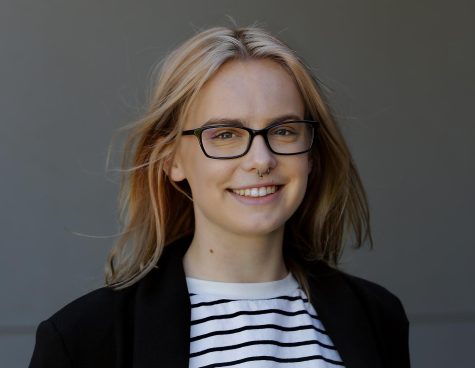WSU Tri-Cities is partnering with three other universities to build a program mentoring women in STEM students, beginning at the end of this month.
Jillian Cadwell, WSU Tri-Cities research associate, said the program is titled Women in STEM Education Network. The program includes eight women in STEM for each school who identify as minorites, including ethnicity and ability status.
Cadwell said the hope for the program is to create a community for students who are currently underrepresented in the industry and academia.
The program will be supported by the National Science Foundation, who awarded those involved with a $600,000 award used to connect women in STEM students throughout the country, according to WSU Insider.
Cadwell said the school has been applying to NSF for funding for WiSEN for a while, and if a larger grant had been involved, there would have been a larger alliance with more universities, faculty and students involved.
However, the four universities needed to have a pilot for the program to make sure the program has the ability to expand to a larger range of universities, she said. So, the universities went for the pilot scale funding to test out the program.
Makini Beck, Rochester Institute of Technology assistant professor, said the program is for women who identify as minoritized and would like to be a part of a mentoring network to support them.
Beck said a lot of times, women of color feel marginalized in STEM programs and feel they are the only ones who feel isolated and like people don’t understand the challenges they face.
A lot of the time, these students will go to college wanting to major in math or engineering and get discouraged after the first semester if they do not feel supported and tell themselves it is not for them and they are not going to do it, she said.
“The goal is to say no, this is for you,” Beck said. “Yes, it’s hard, but we can get through this together.”
Beck said meetings will take place at least once a month, where conversations will be held about anything the women want.
There will be a structure in place, though, where the group will discuss different themes, including what it means to network as a woman in STEM as well as institutional structures and what it means for women, she said.
“A lot of times, people think mentoring is top-down,” Beck said. “I think, sometimes, mentoring is better served when it’s peer to peer and people are on the same level.”
Throughout the program, the four universities will meet up for national meetings, allowing the 32 students to expand their network outside of their school, Cadwell said. The students will have the opportunity to go to a conference and meet in person as well.
Cadwell said she is looking forward to opening up a space to help students feel like they belong at the university and want to continue in their major where they feel like they belong.
“I feel like they’ll be able to do anything they want to, but it’s a matter of knocking away the imposter syndrome and knocking away the barriers that might come up and will come up in all likelihood for students, especially students that are underrepresented,” she said.

